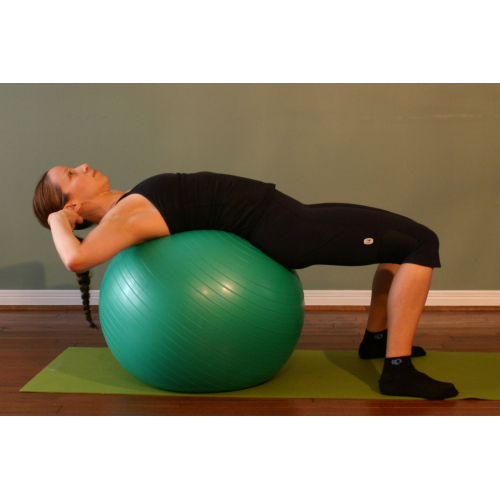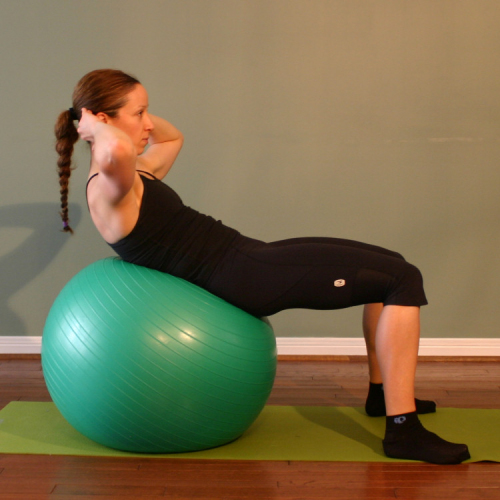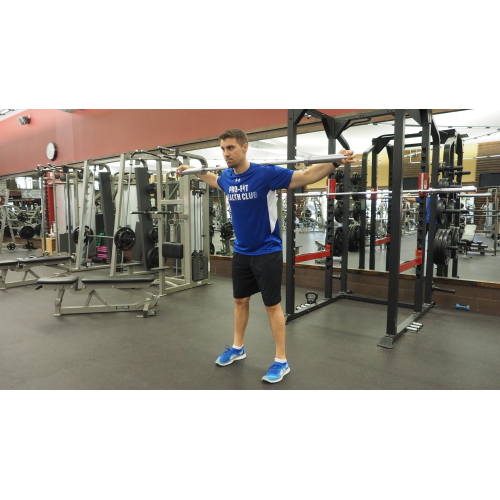Abs
We all want great abs! Abdominals have come to be the center piece of the physique, a real show piece. Both men and women have 'great abs' or '6-pack' on their goal lists. Nothing is more appealing than a healthy and fit body with a nicely trimmed waist. The important key for anybody to realize is that everyone has abdominals, they are simply covered in fat and need toning. Now, I must point out that you cannot spot reduce fat from your abdominal region; when you lose fat, it is lost equally throughout your entire body. However, you can encourage this fat loss process by exercising the abdominals regularly. It is essential to take into consideration that to have a complete abdominal development, you must train all the four areas of the abdominal region equally. The hardest area to see progress in are the lower abdominals, but this is only due to the fact that more fat is stored there than in the other areas.
Anatomy and Benefits
The abdomen, or abdominal region is actually composed of 6 muscle groups that are located and attached from the ribs to the pelvis region. These are referred to as the core region and are responsible for moving, flexing and supporting the trunk areas. Amongst the benefit of having a slim torso, having strong abdominal and core muscles reduces lower back pain an aches and increases stability to your torso.
Exercise Basics
The abdominals are a stubborn muscle to train; moreover, due to the quick build up of lactic acid (burning feeling) during the exercises, most people avoid training them. It will be noted that all areas of the abdominal area must be trained to achieve fully developed the abs. The upper abs, lower abs, and middle abs along with the obliques must all be trained with various exercises. You do not need to train all four areas every single abdominal training session; however do not favor one area to another unless it is an area which is underdeveloped. The proper way to train abdominals is with slow repetitions along with a controlled, strict range of motion. A true set of abdominals should only be between 12 to 15 repetitions, unless you are advanced and perform up to 20. If you are past this repetition range of 20, you are not training your abdominals effectively.You will notice this with individuals performing abdominal exercises of repetitions ranging from 50 and above; secondary muscles are applied. Abdominals recover quickly, so they may be trained every other day, perhaps every day by advanced individuals. Breathing air in and blowing it out is very important to the contraction and stretching of the abdominals during the exercises. As you contract your abdominal muscles, you need to blow out your air and contract, then when you release and stretch out, you need to breath air in. Performing this correctly will lead to results!
Composing muscles









































































